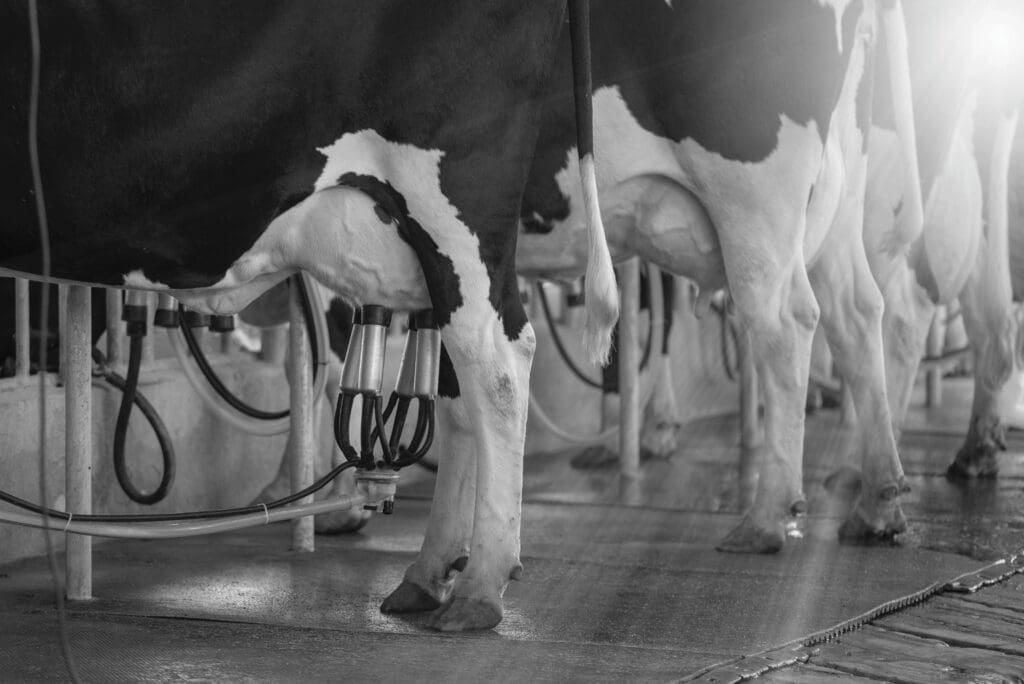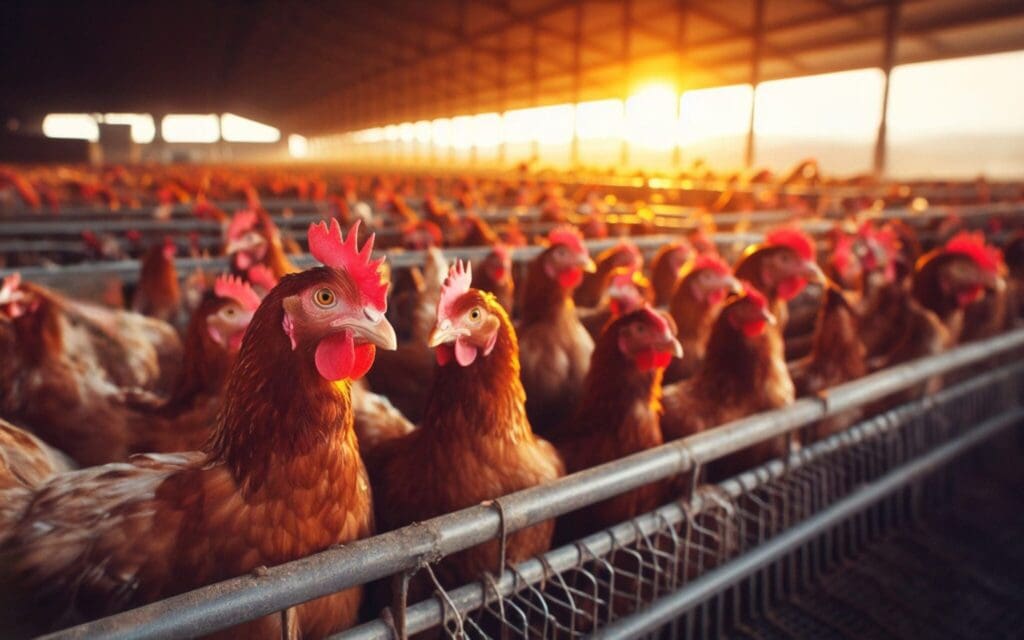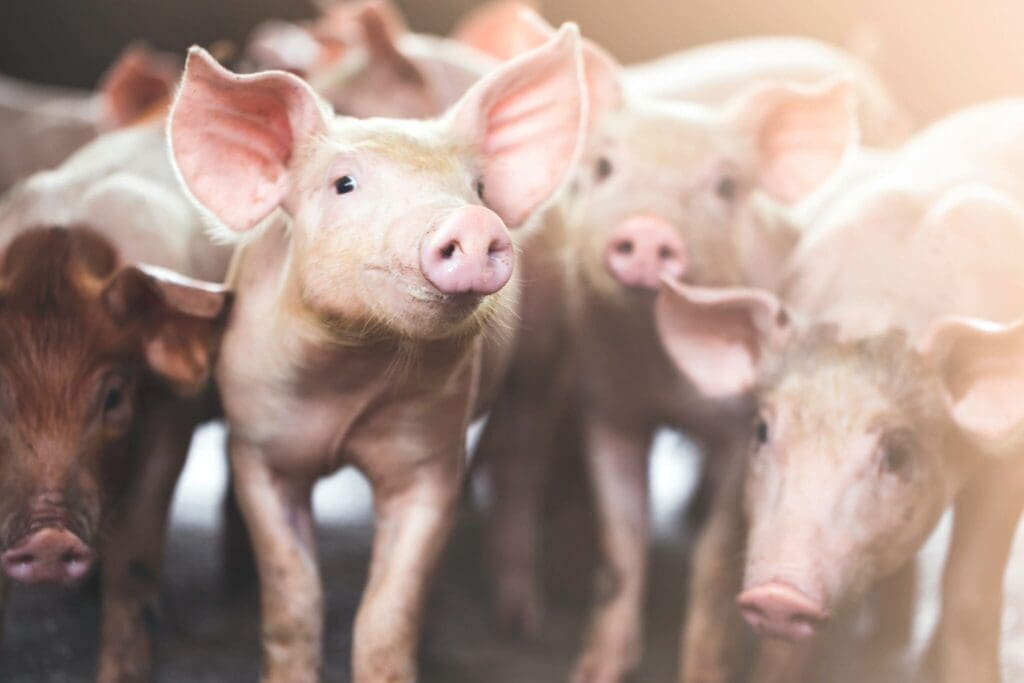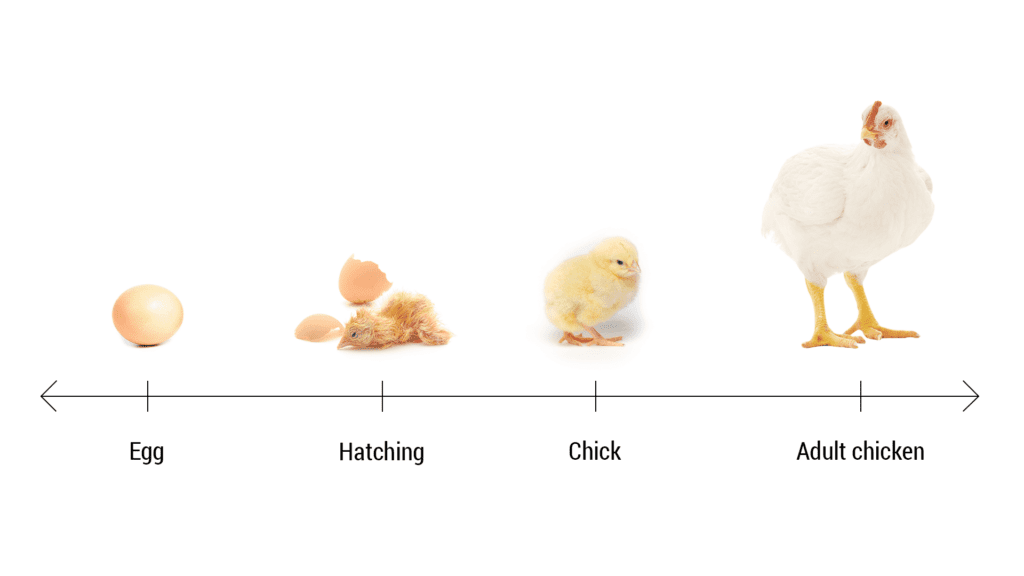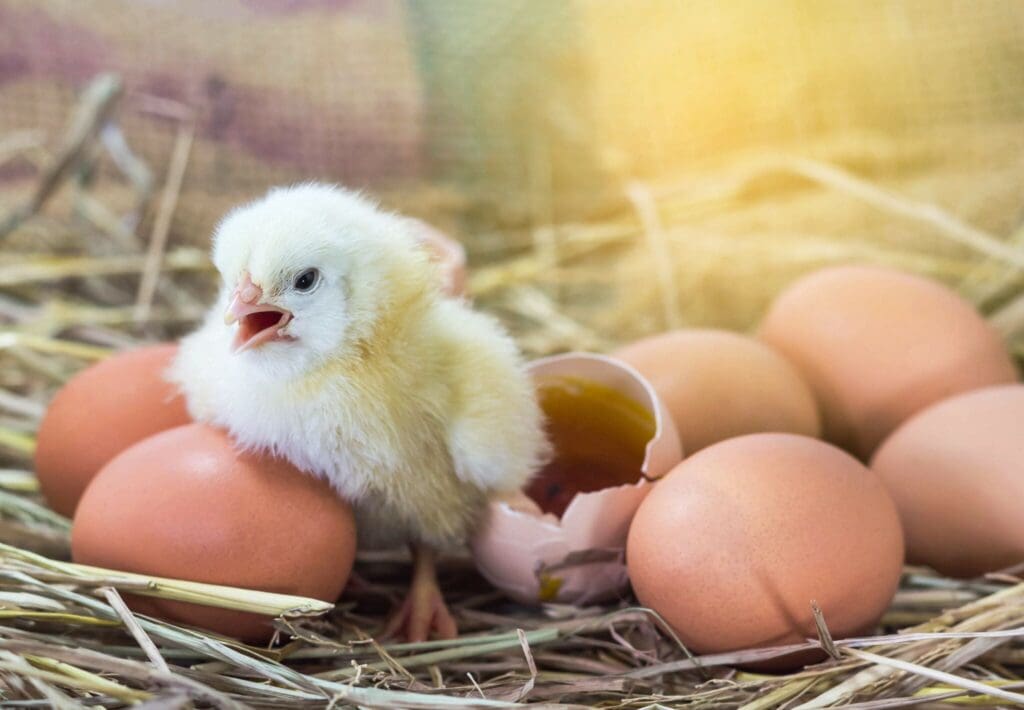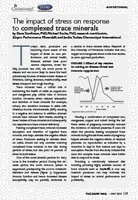Today’s dairy producers are becoming more aware of the impact of stress on cow performance and animal health. Stressed animals have poor vaccine responses, lower fertility, produce less milk, are more prone to disease and are more likely to leave the herd prematurely. Sources of stress include disease or infections, calving, lameness, heat/humidity, mud stress, transport and rough handling.
Trace minerals have a critical role in maintaining the health of cattle as copper, zinc and manganese play critical roles in immune function. However, stress reduces absorption and retention of trace minerals. For example, urinary zinc excretion increases in cattle with infectious bovine rhinotracheitis (IBR), resulting in a negative zinc balance. In addition, stressed animals have reduced feed intakes, resulting in lower intakes of trace minerals and subsequently can experience a trace mineral deficiency.
Feeding complexed trace minerals increases absorption and retention of ingested trace minerals and helps alleviate the negative effects of stress. Producers seeking to alleviate stress on cattle, should not only consider including complexed trace minerals in the diet during periods of stress, but also prior to periods of stress to build status.
One of the most stressful periods for dairy cows is the transition period. During this sixweek period, the cow’s immune system is suppressed, predisposing the cow to metabolic disorders and disease (Figure 1). Suppressed immune function and hence increased disease susceptibility, may be partially attributed to a decline in trace mineral status. Research at the University of Minnesota indicates that zinc, copper and manganese stores in the liver decline as cows approach parturition.
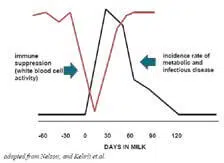 |
FIGURE 1: Effect of day relative to calving on disease threat and immune suppression |
Feeding a combination of complexed zinc, manganese, copper and cobalt during the last three weeks of pregnancy, numerically reduced the incidence of retained placentas. If cows did retain the placenta, feeding complexed trace minerals during the last three weeks of pregnancy helped alleviate the negative effects of retained placentas on reproduction as indicated by a reduction in days to first oestrus and days to conception. Results from the study indicate that cows fed complex trace minerals were better able to respond to stress.
Providing a nutritionally balanced diet including providing highly available sources of trace minerals such as Availa4®, is one way livestock producers can help minimise the impact of stress on animal performance and profitability.
Chemuniqué empowers feed and food producers with the most innovative animal performance solutions, enabling our clients to consistently advance the efficiency of production.
